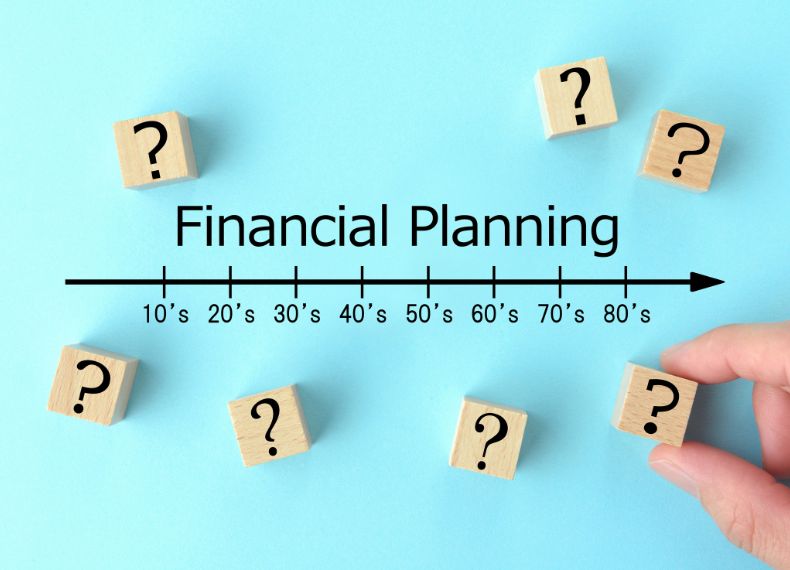It’s no secret that making a financial commitment can be a daunting prospect. You have to be mindful of your spending in the present, but you also have to think about the future and make sure you’re prepared for whatever life may throw your way. Thankfully, you can do a few things to help ease the process and set yourself up for success.
Here are a few tips on how you can prepare to make a financial commitment:

Save money
Before making any large financial commitment, it is important to save as much money as possible. This will help reduce the amount of interest you will have to pay and make it easier to keep up with your payments.
This means setting aside a certain amount of money each month to put towards your savings. Another option is to find ways to earn additional income, such as through part-time work or side hustles. No matter what method you choose, the key is to be patient and disciplined in your approach. By taking the time to save up ahead of time, you can make a financial commitment much simpler and less daunting.
Budget
When it comes to making a financial commitment, the most important thing you can do is prepare. One of the best ways to do this is to create a budget. By sitting down and tracking your income and expenses, you can get a clear picture of your financial situation. This will allow you to make informed decisions about how much you can realistically afford to commit.
Creating a budget will help you identify areas where you may need to cut back to free up more money for your financial commitment. If you’re not sure where to start, many online resources and budgeting templates can help you get started. Taking the time to prepare a budget is essential in ensuring that you are ready to make a financial commitment.
Make a budget plan
The first step to creating a budget is to track your spending for at least one month. This will give you a good idea of where your money is going and where you can cut back. Once you have a clear picture of your spending, you can start to work on creating a budget. The most important thing is to ensure that your income exceeds your expenses. If you find that you are spending more than you are bringing in, you will need to increase your income or reduce your expenses.
One way to do this is to create a list of your monthly expenses and then see where you can cut back. For example, if you spend $100 on dining out each month, you could try cutting back to $50. Every little bit helps! Once you have created a budget that works for you, it is important to stick to it. This may require some discipline, but it will be worth it. A budget will help you to save money and reach your financial goals.
Consider your future expenses.
Pensions, mortgage repayments, childcare costs, and university fees are many big expenses to factor in when planning for your family’s future. But it’s not just the big things you need to consider. Over time, the costs of day-to-day living will increase too. This is known as inflation. Inflation is when the prices of everyday items go up over time. While this may not seem like a lot, it can impact your finances if you’re not prepared for it.
For example, let’s say you need to buy a new car in five years and you budget £5,000 for it. If the inflation rate is 2%, the car will cost you £5,100 in today’s money. This may not seem like much, but it can quickly add up if you’re not careful. To help keep on top of your finances, it’s important to factor in future inflation when budgeting for big expenses.
Be mindful of your spending.
Most of us are guilty of spending too much money on things we don’t need. Whether it’s a new pair of shoes or the latest gadget, it’s too easy to let our spending get out of control. The next time you’re tempted to make an impulse purchase, stop and ask yourself whether you need it. If the answer is no, then walk away.
It’s also important to be mindful of your long-term financial goals. For example, if you’re a first-time homebuyer, then every extra pound you spend is one less that you can put towards your deposit. By being mindful of your spending, you can make sure that your money is going towards the most important things to you.
Final Thoughts
Making a financial commitment is not an easy decision, but it’s worth it. By following these tips, you can help to ensure that you are as prepared as possible. Just remember to be patient, stay disciplined and always think long-term. With a little bit of planning, you can make your financial goals a reality.